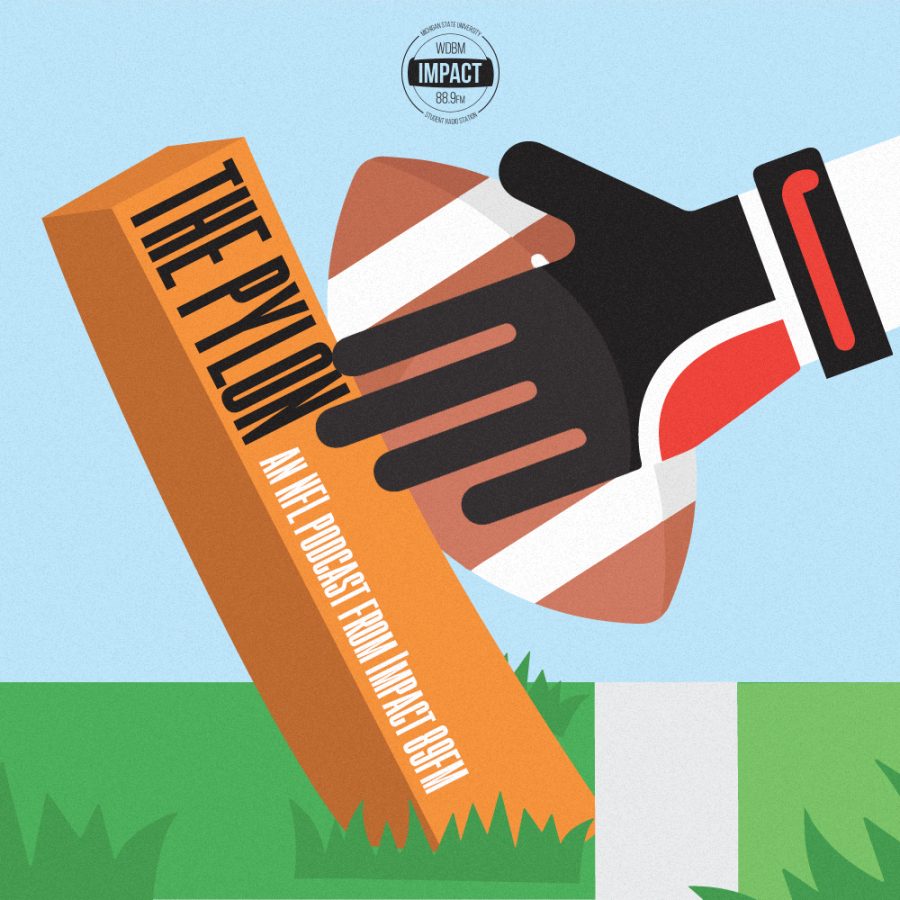Impact Sports’ preview of the 2018 World Cup continues with a look at Group B, made up of Iran, Morocco, Portugal and Spain. Yesterday’s look at Group A can be found here.
The balance of power on paper in Group B lies comfortably with two of Europe’s best teams over the last decade. Both teams have won major titles since 2010, as Spain boasts a World Cup championship to go with Portugal’s 2016 European crown. It would be a major upset for either of Iran or Morocco to progress from this group, but stranger things have happened. Here’s a look at how Group B should shake out:
Iran (FIFA ranking: 36)
Overview: After failing to progress from the group stage in 2014, Iran faces another tall task to avoid the same fate in Russia. A handful of players play in some of Europe’s lesser leagues, and after scoring one goal in three matches four years ago, Carlos Queiroz’s team should come out playing a more attacking style. Starting defensive midfielder Saeed Ezatolahi is suspended for a crucial opening game against Morocco, a big blow to Iran’s chances of making noise in the group.
Star player: Striker Sardar Azmoun, Rubin Kazan (Russia)
The 23-year-old has scored a solid 23 goals in his 32 international appearances, including 11 goals in qualifying matches.
Biggest question: Is the defense up to the challenge?
With a more expansive play-style, odds are that teams with the quality of Portugal and Spain can expose the backline of a less talented team.
Best-case scenario: After beating Morocco, Iran scratches a point off of either of the two European clubs and has an outside shot at group stage progression.
Morocco (FIFA ranking: 42)
Overview: Despite their group-worst ranking, Morocco features players that fans of Europe’s most prestigious leagues are bound to recognize. Defender Mehdi Benatia has played for Bayern Munich and current club Juventus, midfielder Younes Belhanda has won a French league title and there are players from the Spanish league littered throughout the squad.
Star player: Midfielder Hakim Ziyech, Ajax (Netherlands)
Ziyech was Ajax’s star player in a second-place Dutch-league finish, and his playmaking abilities could prove equal to the attacking prowess displayed elsewhere in the group. He played for the Netherlands at the youth levels and switched to his parents’ country of birth. After being mocked by former countrymen, the 25-year-old has seemingly got the last laugh after the Dutch team failed to qualify.
Biggest question: Who starts at goalkeeper?
29-year-old Munir Mohand Mohamedi played well at last year’s African Cup of Nations but lost his starting place at his second-tier Spanish club. If Mohamedi struggles, the two backup ‘keepers have just 13 international appearances combined.
Best-case scenario: Morocco’s playmakers throughout the midfield match the quality of their European counterparts, and a pair of results against Iran and Portugal are enough to see Morocco scrape through to the round of 16.
Portugal (FIFA ranking: 4)
Overview: Coming into the tournament as European champions, Portugal comes into 2018 looking at a likely last good chance to make a deep World Cup run and are dark horses to win the tournament. Chances are you’re very familiar with the work of Cristiano Ronaldo, but he now has the supporting cast around him to match. Manchester City’s Bernardo Silva and Milan’s Andre Silva (no relation) have the playmaking ability to set up Ronaldo.
Star non-Ronaldo player: Center-back Pepe, Besiktas (Turkey)
After a decade of championships at Real Madrid, Pepe moved to Turkey last summer and is still the linchpin of the Portuguese defense. The 35-year-old is six games away from 100 appearances for his country.
Biggest question: Who plays in defense?
Pepe is a guaranteed starter, as is promising 24-year-old Ricardo Pereira at either wing-back position. After that, things are a mystery, as José Fonte started the year in England, moved to China in January and lost his first game 8-0 with new club Dalian Yifang.
Best-case scenario: Ronaldo does, well, Ronaldo things, and Portugal encounters a solid draw in the knockout stages. From there, the attacking talent up front fires the Portuguese to their first world title.
Spain (FIFA ranking: 8)
Overview: The 2010 world champions head into this tournament with the same level of talent that has carried them to solid finishes on both the continental and world stage. The midfield is as good as any in the tournament, with Manchester City’s David Silva and Barcelona’s Andres Iniesta serving as two over-30 playmakers playing in their third and fourth World Cups, respectively. Under new manager Julien Lopetegui, La Roja has solid players all over the field, and should be comfortably considered among the favorites.
Star player: Midfielder Isco, Real Madrid (Spain)
With the riches Spain has in midfield, Lopetegui has among Bayern’s Thiago Alcantara, Real Madrid’s Marco Asensio and Isco to pick from. The attacking midfielder can score and distribute, and his connection to striker Diego Costa will be crucial to Spain’s ability to score.
Biggest question: How do you fit all the midfielders?
With the number of worthy starters in the midfield – especially in an attacking sense – the worry for Lopetegui is that there’s too much of a forward-thinking focus if trying to shoehorn Asensio, Isco, Silva and Iniesta into the starting 11. Alcantara and Barcelona’s Sergio Busquets might end up as first-choice players by default later in the tournament against teams that can possess the ball and cut into the Spanish defense.
Best-case scenario: A strong defense keeps matches tight à la 2010, and the amount of talent in midfield overpowers teams in the early knockout stages.
Prediction
- Spain 7 pts
- Portugal 7 pts
- Morocco 3 pts
- Iran 0 pts









